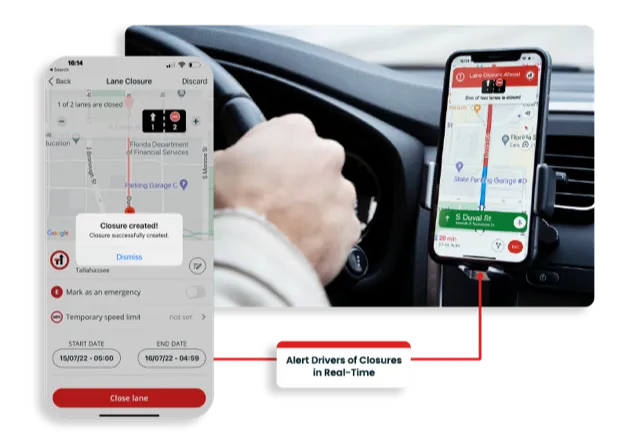The association submitted written testimony to a House Highway & Transit Subcommittee hearing, “Every Life Counts: Improving Safety of our Nation’s Roadways.”
Rather than the usual federal focus on reducing the number of crashes by improving the behaviour of drivers, ARTBA said a new paradigm is needed on two parallel tracks.
This would focus on reducing the severity of injuries as opposed to reducing the number of crashes. The policy should anticipate user errors and emphasises design, construction and maintenance of a system that will be forgiving of errant behaviour.
“We have the technology and ‘know how’ to build our roadway system to anticipate user error,” ARTBA’s testimony said. “It can be designed, constructed, equipped, and operated to forgive the errant user and protect the innocent victim.”
More than 37,000 people were killed in 2017 US traffic crashes, including roadway workers, cyclists, and pedestrians, according to the most recently available data. Work zone fatalities increased to 799 in 2017 from 586 in 2010.
The association focused its remarks specifically on highway work zone safety. It reminded Congress that through federal rulemaking after the 2005 SAFETEA-LU surface transportation law and further provisions in both the 2012 MAP-21 and 2015 FAST Act laws, lawmakers and previous administrations have expressed the intent to use increased positive separation between workers and motorists on construction projects.
“The law has not been fully implemented and positive separation is still not used as regularly as Congress intended,” ARTBA said. “New products and technologies are available that make the practice more practical and cost-effective.”
ARTBA calls for improved road safety
The American Road & Transportation Builders Association (ARTBA) is calling for a fundamental shift in how the US approaches road safety. ARTBA is emphasising the need to design and build a transportation network that better compensates for error so that drivers, passengers, workers and other road users do not pay for behavioural mistakes with their lives.
The association submitted written testimony to a House Highway & Transit Subcommittee hearing, “Every Life Counts: Improving Safety of our Nation’s R
April 17, 2019
Read time: 2 mins
The 920 American Road & Transportation Builders Association (ARTBA) is calling for a fundamental shift in how the US approaches road safety. ARTBA is emphasising the need to design and build a transportation network that better compensates for error so that drivers, passengers, workers and other road users do not pay for behavioural mistakes with their lives.








